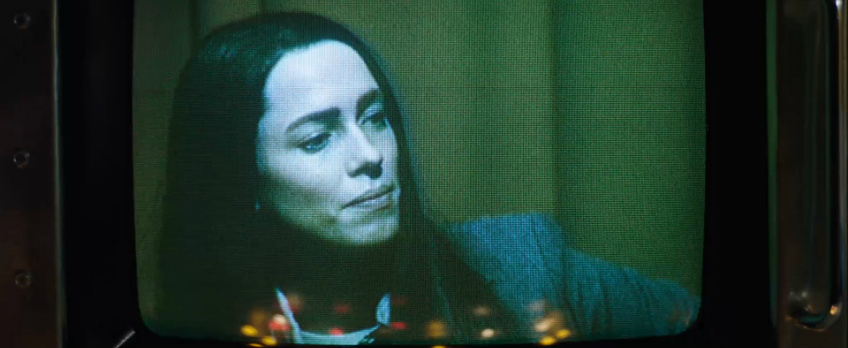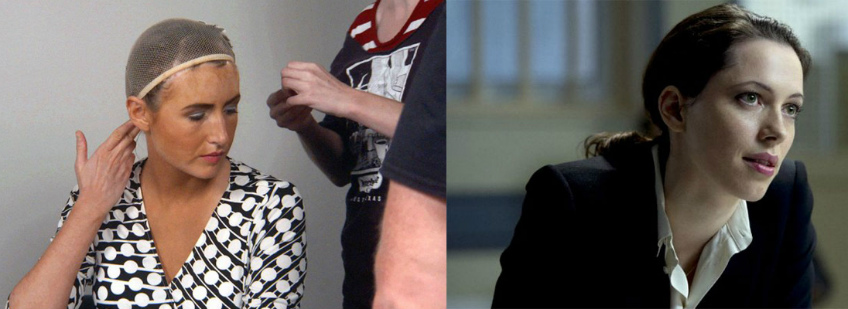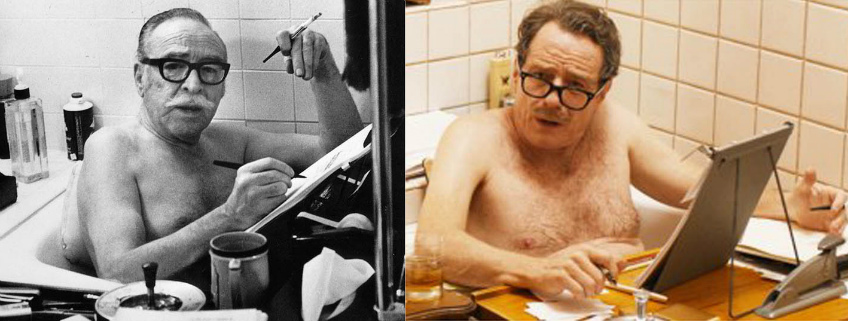Documentary vs Fiction

Would you rather watch a documentary about an extraordinary historical event, or a fictionalised telling? Thanks to some fortuitous programming, this year’s MIFF allows both. Sort of.
In 1974, newsreader Christine Chubbuck committed suicide during a live broadcast. The shocking act (which famously inspired the film Network) is depicted in two distinct films at this year’s festival.
Christine, directed by Antonio Campos, stars Rebecca Hall as Chubbuck, and dramatises the events leading up to her final action.

Kate Plays Christine, directed by Robert Greene, follows actress Kate Lyn Sheil as she prepares to play Christine in a similar dramatised film. It is not quite a documentary and not quite a mockumentary: the film Sheil is preparing to perform in is not real, and all of the events depicted are contrived. But the difficult process of preparing for such a performance is a unique way of exploring who Christine really was. Sheil talks to the people closest to Christine, and how she processes this information is itself a form of interpretation. As documentaries go, it is fascinatingly distinctive.
These two films illuminate the same person through entirely different approaches. The documentary Trumbo (MIFF 08) interspersed stories of screenwriter Dalton Trumbo’s life with scenes in which actors perform his best soliloquies. The 2015 drama, also called Trumbo, featured Bryan Cranston starring in a relatively straightforward biopic. The documentary had the advantage of narration to dig into the nuances of Trumbo’s life, but the drama had the advantage of deep-diving key moments in real time. The documentary often wins the intellectual argument; the biopic often wins the emotional.

There is an advantage to seeing an event depicted from all angles. The tale of the West Memphis Three – three young men convicted of a murder in Arkansas – came to international attention in Joe Berlinger and Bruce Sinofsky’s Paradise Lost documentary trilogy (MIFF 96, MIFF 99), and then in Amy Berg’s 2012 documentary West of Memphis. Both Paradise Lost and West of Memphis assert the innocence of the convicted men, but draw very different conclusions as to who the real culprit might have been. Then Atom Egoyan dramatised the films with 2013’s Devil’s Knot, starring Colin Firth and Reese Witherspoon.

Not every event can be as thoroughly explored and examined as this one, and the wildly different approaches each of these works takes is perhaps the best argument for embracing multiple tellings of a single moment, or event, or life. Christine and Kate Plays Christine may portray the same life story, but the outcomes are enormously, engrossingly distinct.
Posted by Lee Zachariah
Christine has one more screening at MIFF 2016, at 9pm on Friday 12 August, in The Comedy Theatre. Several MIFF Critics Campus participants reviewed Kate Plays Christine; read their takes here.